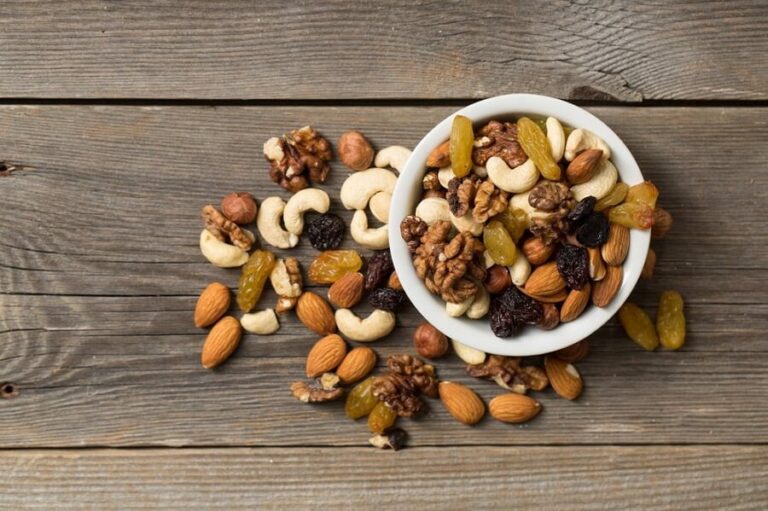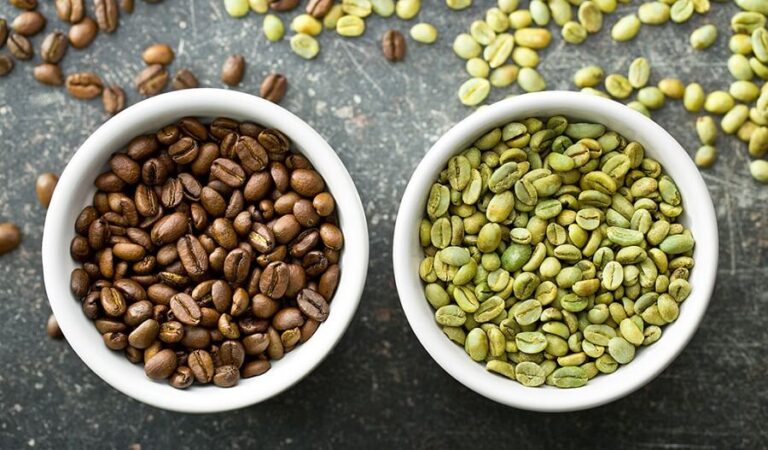What are the nutrients in an apple?
The apple (Malus pumila) is the apple tree’s fruit, a tree of the Rosaceae family. The apple is a food of millenary consumption. While it is taken for granted that it is a healthy food, the fundamental knowledge of the nutritional value of the apple is not always accurate.
The nutritional value of 100 g of apple and an analysis of the macroelements that compose them have detailed below: carbohydrates, proteins, and fats.
Related: carbohydrates, proteins, and fats to lose weight
Nutritional information of 100 g of apple
First, it is essential to know that high concentrations of flavonoids have been found in apples—a type of phytochemicals with antioxidant properties. The concentration of these compounds can vary significantly depending on the production method and are primarily found in the shell. (1)
The apple peel has the highest antioxidant activity, and some studies even confirm the ability to inhibit some types of cancer, such as colon cancer. Although within the nutritional value of 100 g of apple, the vitamin C content does not stand out (only about 5 mg), the antioxidant activity of the other compounds justifies its consumption.
The following table was extracted from the USDA database. The values are obtained by physicochemical analysis of a sample of apples; The values may change slightly depending on the region and production method:
| Water | g | 85.56 |
| Energy | kcal | 52 |
| Protein | g | 0.26 |
| Fats | g | 0.17 |
| Carbohydrates | g | 13.81 |
| Total fiber | g | 2.4 |
| Total sugars | g | 10.39 |
| Minerals | ||
| Football | mg | 6 |
| Iron | mg | 0.12 |
| Magnesium | mg | 5 |
| Match | mg | 11 |
| Potassium | mg | 107 |
| Sodium | mg | 1 |
| Zinc | mg | 0.04 |
| Vitamins | ||
| C vitamin | mg | 4.6 |
| Thiamine | mg | 0.017 |
| Riboflavin | mg | 0.026 |
| Niacin | mg | 0.091 |
| Vitamin B6 | mg | 0.041 |
| Folate | µg | 3 |
| Vitamin b12 | µg | 0 |
| Vitamin A | µg | 3 |
| Vitamin E | mg | 0.18 |
| Vitamin D | µg | 0 |
| Vitamina K | µg | 2.2 |
| Fatty acids | ||
| Total fatty acids | g | 0.028 |
| Monoinsaturados | g | 0.007 |
| Polinsaturados | g | 0.051 |
| Trans | g | 0 |
| Cholesterol | mg | 0 |
Apple carbohydrates Do they have sugar?
Most of the energy in the apple comes from carbohydrates. The carbohydrates of the apple are in more significant proportion simple: glucose and fructose. WHO recommends that the total calories from this carbohydrate source be 10% of the total. As shown in the table, 100 g of apple provides about 14 g of carbohydrates.
Although glucose and fructose are considered one type of sugar, it is not the same as table sugar: sucrose. In other words, apples do have sugar, but not cane sugar, but a type of simple sugar formed in this fruit’s natural growth.
Do apples provide protein?
Like most fruits, apples are not known for their protein content. They provide only 0.3 grams of protein per 100 g of apples. Supplementing the recommended daily amount of protein with apples is not good.
Fats on apples?
Apples are low-fat food. Eliminating fats from the diet is not recommended in terms of nutrition. However, it is a way to decrease the number of calories per day. How can be seen in the table of the nutritional value of the apple; 100 g provides only 0.2 grams of fat. It does not provide significantly trans-fatty acids or saturated fat. However, some studies suggest that regular consumption of apples can aid in the excretion of cholesterol from the body. (1,2






